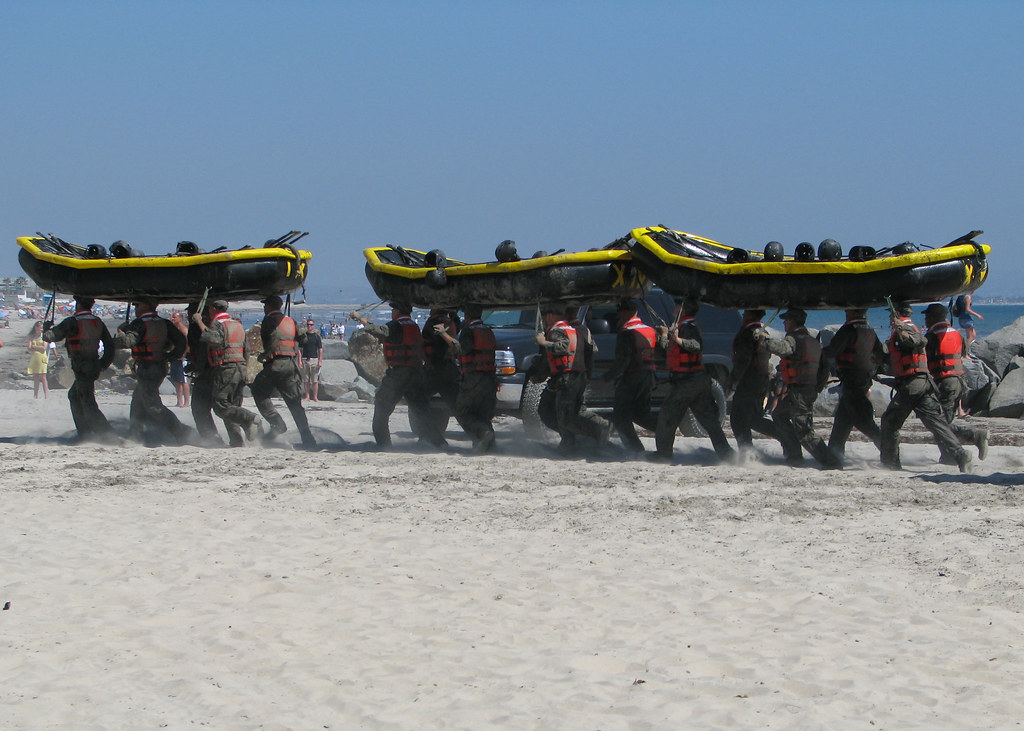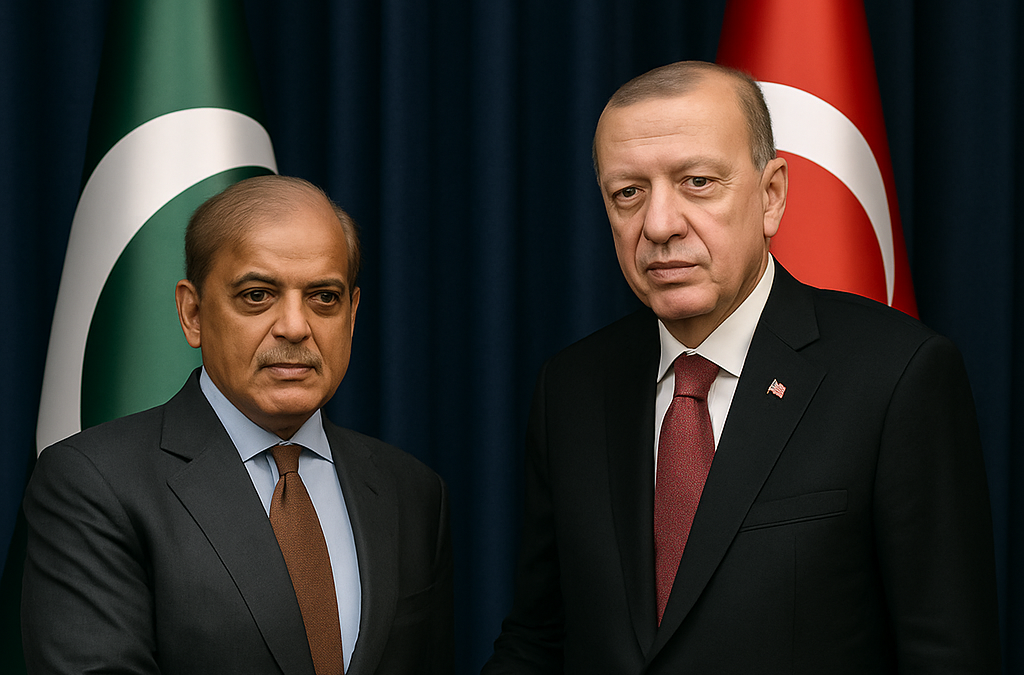In a poignant quest for understanding, a father from the United States is dedicated to uncovering the truth behind the brain injuries faced by veterans, particularly following the devastating suicide of his son, a former Navy SEAL. This father’s journey highlights the urgent need for awareness and research into the mental health challenges confronting service members, especially those who have experienced the traumas of combat.
Located in a small town in the Midwest, the father has initiated a campaign that aims to shed light on the often-overlooked consequences of military service, including the impact of traumatic brain injuries (TBIs). His efforts are gaining attention as he collaborates with various veterans’ organizations and health experts to advocate for more comprehensive studies into the long-term effects of these injuries.
The tragic loss of his son, who had served honorably yet struggled with the psychological scars of his service, has propelled him into action. He believes that increased understanding of TBIs could lead to better support systems for veterans, ultimately reducing the stigma surrounding mental health issues in the military community.
In a related note, California is grappling with the aftermath of extensive wildfires that have ravaged the region. The recovery process is proving to be complex, as residents and officials alike face significant challenges in cleaning up and rebuilding affected areas. The fires, which have intensified in frequency and severity in recent years, underscore the growing concerns about climate change and its impact on natural disasters.
Furthermore, the traditional Indian Relay horse racing event has garnered attention for its inherent risks and cultural significance. This high-speed race, which showcases the skills of both horse and rider, has deep roots in Native American heritage but is not without its dangers. Participants and organizers are increasingly discussing the safety measures necessary to protect both horses and riders, ensuring the preservation of this vibrant cultural practice.
As these stories unfold—of personal loss and resilience, environmental recovery, and cultural preservation—they resonate deeply within the South Asian and broader global communities, reflecting shared struggles and aspirations.



